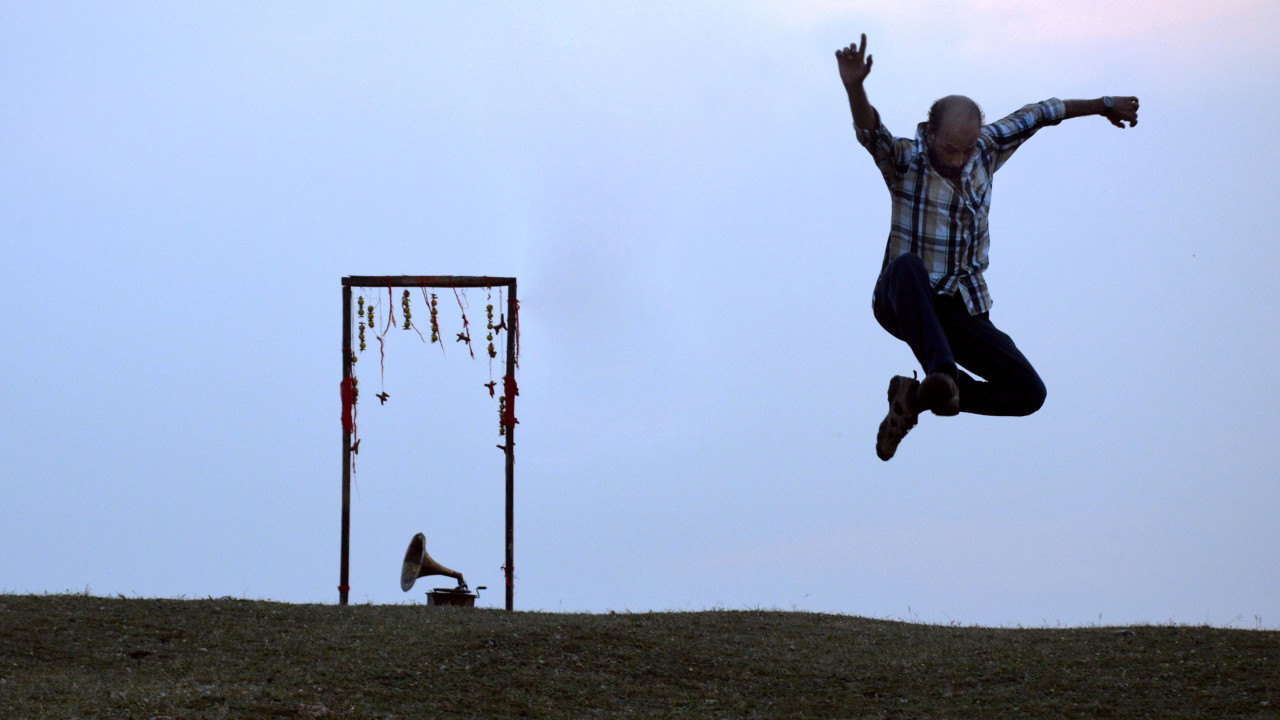The latest film from Buddhadeb Dasgupta, one of India’s most-celebrated directors, is a lyrical and at times comedic three-part portrait of rural Indian life.

The latest offering from one of India's most celebrated directors, Buddhadeb Dasgupta, is a lyrical and often comedic look at rural Indian life.
The Bait follows three characters: Munni, a nomadic young girl who wanders the countryside performing circus tricks with her loving parents for change; Goja, a postman who, fed up with his life, takes up residence in a tree and communes with his new primate neighbours; and Raja, a man of regal origins who lives in the glory of his past and ignores the dire outlook for his future. In hopes of wooing his mistress, and impressing a young crew of documentary filmmakers, Raja sets out to hunt an elusive tiger. As the film shifts among the three stories, it takes an elliptical approach to the question of what — or who — is really the bait.
Over the past four decades, Dasgupta has established a name for himself internationally with films such as The Tiger Man, Their Story, Shelter of the Wings, and The Wrestlers. His work is distinguished by a poetic touch that's anchored in an acknowledgement of important issues impacting Indian society. The Bait is a fitting new entry to this oeuvre; its lush cinematography may revel in the scenic splendours of India's countryside, but the film takes an unflinching look at how the country's weakest and most vulnerable are used by the rich.
Viewers may well find echoes of Apichatpong here — impeccably crafted and allegorically rich, The Bait is a film that deals playfully with serious ideas — but this newest addition to the oeuvre of a contemporary master is uniquely his own, and one of his best to date.
CAMERON BAILEY
Screenings
Scotiabank 7
Bell Lightbox 1
Bell Lightbox 3
Scotiabank 7
Bell Lightbox 4